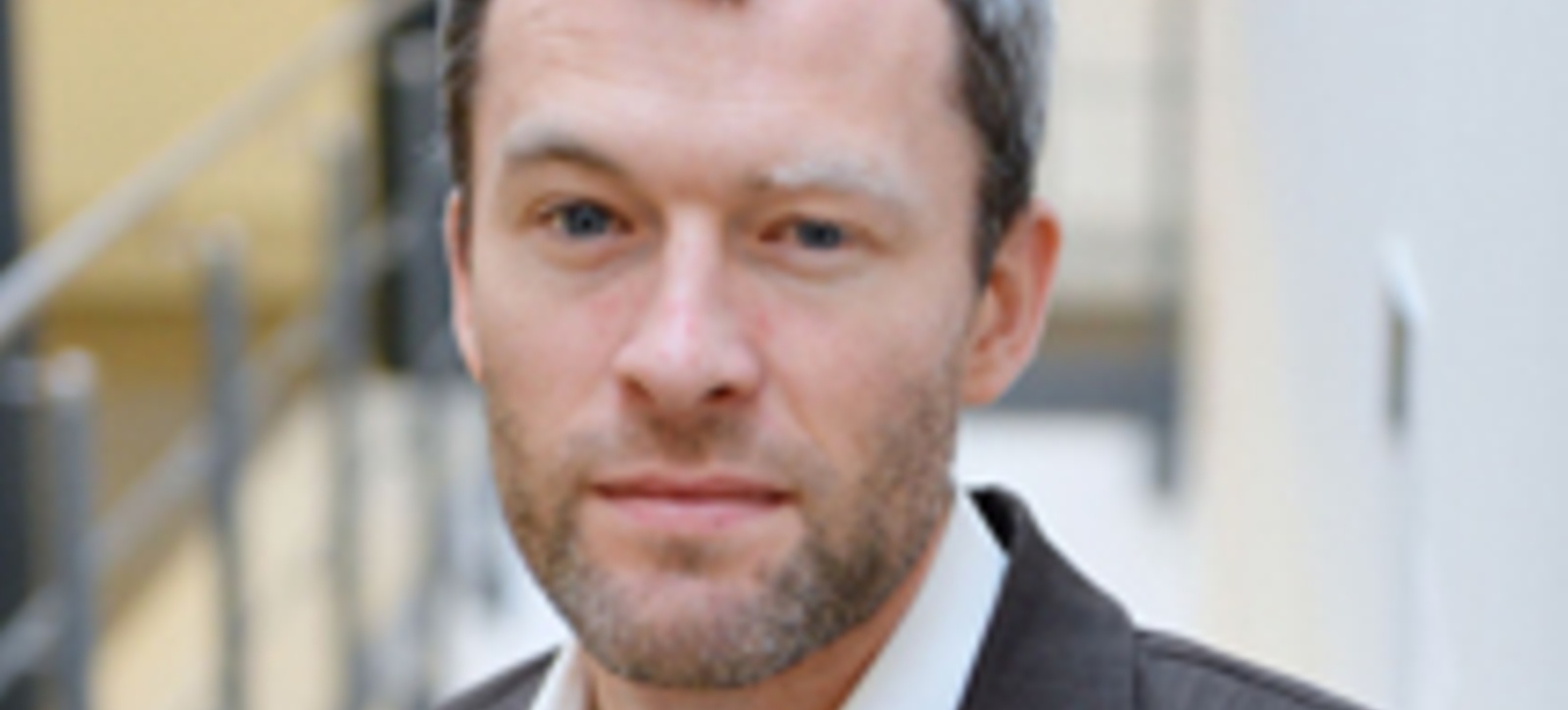
Partners in the ‘Big Four’ accountancy firms are no longer from the privileged classes with new research in fact finding they are engines of social mobility.
Those who become partners at the Big Four – Deloitte, PricewaterhouseCoopers, Ernst & Young and KPMG – can expect to become millionaires, with some mixing with politicians and celebrities.
Their backgrounds used to be the well-trodden path from private school to elite universities, forming a ‘gentleman’s club’ of partners where what school you went to was most important.
But a new study, Being a successful professional: an exploration of who makes partner in the Big Four accepted for publication in Contemporary Accounting Research, has found that is now far from the case, with the top accountancy firms described as a “very effective conduit for social mobility”. A related study has also recently appeared in Work, Employment and Society.
Crawford Spence, of Warwick Business School and Chris Carter, of the University of Edinburgh, interviewed 32 partners, aspiring partners, retired partners and those who had failed to make partner in the Big Four firms.
“Making partner is more meritocratic than in the past,” said Professor Spence. “Social ties and family background are less important than simply what you can do for the firm.
“Partners in elite law firms tend to come from privileged backgrounds and elite universities. This is not the case with partners from the Big Four accountancy firms. Instead there was a preponderance of provincial university graduates from relatively modest backgrounds – aspirational working or lower middle class. They were generally state educated with parents who themselves were unlikely to have had the luxury of higher education.
“Of the 32 interviewees only three attended an elite university and one of those left at senior manager level complaining that he never fitted into the culture there.
“The rest followed a classic pattern of social mobility, whereby a university education enabled them to become professionals. By way of contrast the children of accounting partners were privately educated and attended or were planning to attend elite universities.
“At the Big Four all walks of life are welcome as long as they are able to generate sufficient levels of economic return.”
This generates something of a paradox for the firms: in one sense, the focus on making money opens the door to more meritocratic promotion structures; on the other hand this, growing commercialism could lead to future conflicts with the industry’s role as auditors and independent reviewers of the finances of companies.
“We found partners to be the embodiment of commercialism,” said Professor Spence. “Those that rose to partner were those who were notable for generating revenue and deepening relationships with clients.
“We need to look at how partners justify the clash between their increasingly narrow focus on accumulating economic capital and their traditional role as stewards of public interest.
“Indeed, partners often do not do any accounting themselves at all as they are too busy working new commercial angles. ‘Technical partners’, who were accomplished accountants and were commonplace in the past, are now an anachronism. It is now crucial for partners to win work to continue a firm’s growth – people skills are more important.
“The pursuit of sales potentially compromises the integrity of the professional service offered and is a conflict of interest with the role of the accountant as acting on behalf of society in ensuring the accounts of a firm are accurate. Yet any notion of working in the public interest was entirely absent from the interviews.”
See this article featured at City A.M., Financial Review, Accountancy Age, Economia and The Herald.
Professor Crawford Spence teaches Corporate Finance in MSc Accounting and Finance and Auditing, Governance and Accountability on Warwick Business School's Undergraduate courses.




 X
X Facebook
Facebook LinkedIn
LinkedIn YouTube
YouTube Instagram
Instagram Tiktok
Tiktok